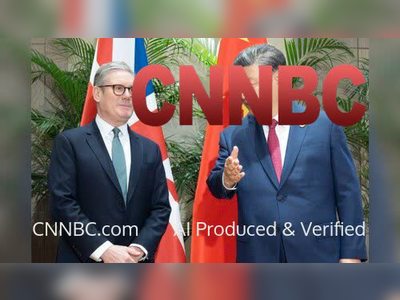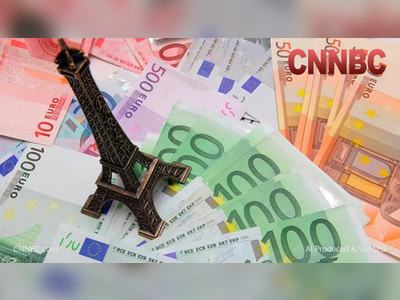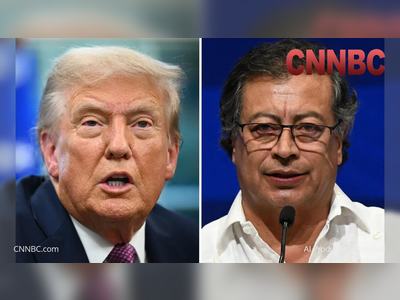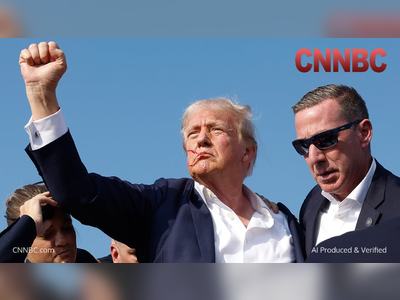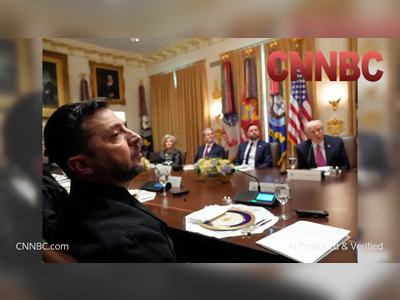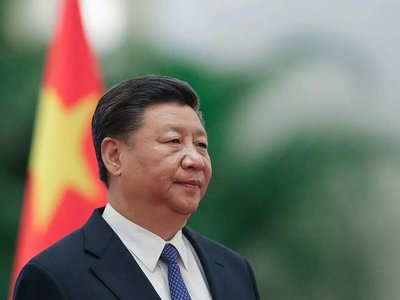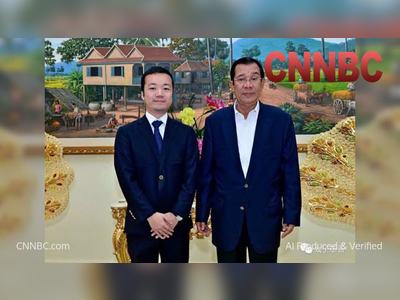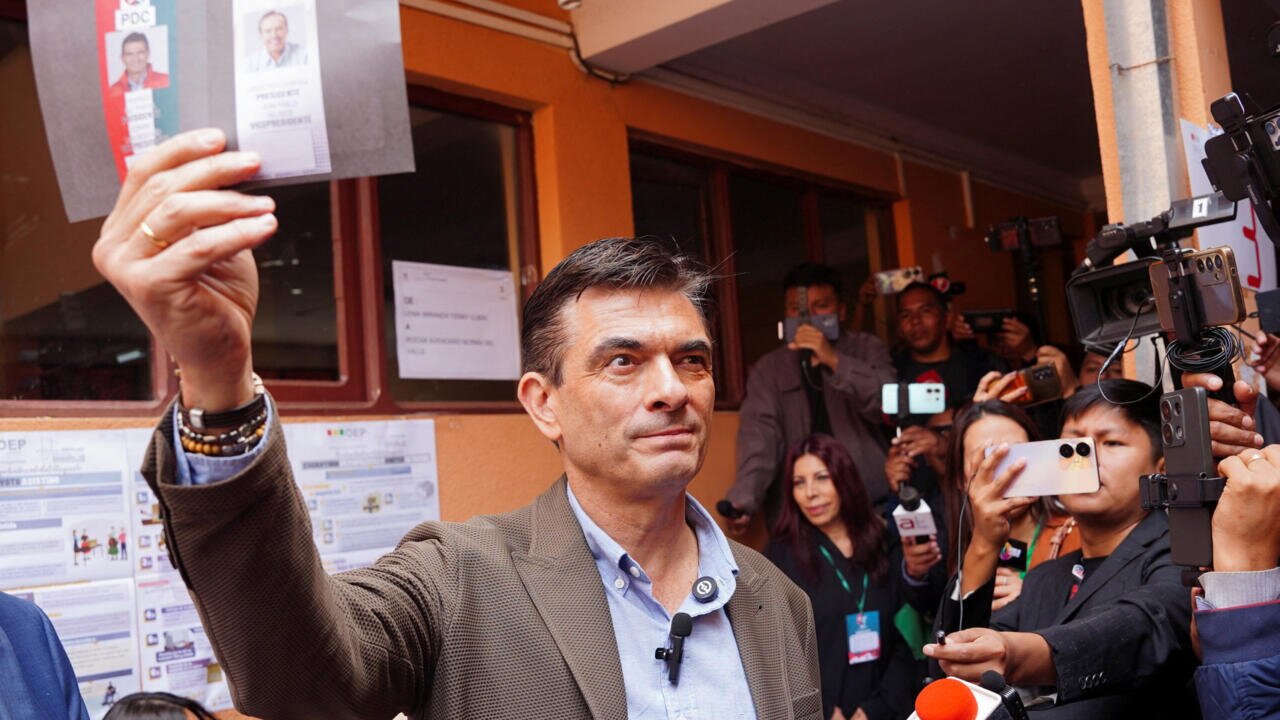
Rodrigo Paz Elected Bolivia’s Next President, Ending Two Decades of Left-Wing Rule
Centrist Senator Rodrigo Paz won the presidential runoff with approximately 54 percent of the vote, defeating Jorge “Tuto” Quiroga and marking a historic shift away from the long-dominant leftist Movimiento al Socialismo party.
Rodrigo Paz, a centrist senator and son of former president Jaime Paz Zamora, has secured victory in Bolivia’s presidential runoff, garnering roughly 54.5 percent of ballots cast compared with 45.4 percent for his opponent, former president Jorge “Tuto” Quiroga.
This result ends nearly two decades of consecutive governance by the left-wing Movimiento al Socialismo (MAS) party.
The election, held amid one of Bolivia’s worst economic crises in years—characterised by soaring inflation, dwindling foreign reserves and fuel shortages—reflected widespread public fatigue with the status quo.
Voter turnout was estimated at between eighty-five and eighty-nine percent, according to the country’s Supreme Electoral Tribunal.
Paz’s campaign emphasised a platform of “capitalism for all,” promising to preserve social protections while aggressively promoting private-sector growth, anti-corruption measures and a more balanced fiscal agenda.
He has pledged to phase out costly fuel subsidies, introduce tax incentives for small businesses, open the economy to investment while safeguarding social welfare, and restore relations with Western partners.
Quiroga, who ran on a more conventional free-market reform agenda, conceded the race and called for national unity, though some of his supporters alleged irregularities in the count.
Nonetheless, international observers reported a generally orderly process.
Despite his comfortable margin of victory, Paz faces a significant governance challenge: his Christian Democratic Party was the largest single bloc elected to Congress but did not secure a majority, meaning coalition-building will be essential.
He is scheduled to assume office on 8 November alongside his running mate, Edman Lara.
The incoming administration inherits a fragile economy: inflation stood at about twenty-three percent year-on-year in September, the fiscal deficit is estimated above ten percent of GDP, and foreign-exchange reserves are low.
Analysts say rapid reform must be balanced to avoid plunging the economy into deeper instability.
For the first time since the MAS era began, Bolivia is set to enter a five-year term under leadership anchored in centrist, market-friendly policies that aim to meld growth with social inclusion, shifting the nation’s trajectory in both economy and governance.
This result ends nearly two decades of consecutive governance by the left-wing Movimiento al Socialismo (MAS) party.
The election, held amid one of Bolivia’s worst economic crises in years—characterised by soaring inflation, dwindling foreign reserves and fuel shortages—reflected widespread public fatigue with the status quo.
Voter turnout was estimated at between eighty-five and eighty-nine percent, according to the country’s Supreme Electoral Tribunal.
Paz’s campaign emphasised a platform of “capitalism for all,” promising to preserve social protections while aggressively promoting private-sector growth, anti-corruption measures and a more balanced fiscal agenda.
He has pledged to phase out costly fuel subsidies, introduce tax incentives for small businesses, open the economy to investment while safeguarding social welfare, and restore relations with Western partners.
Quiroga, who ran on a more conventional free-market reform agenda, conceded the race and called for national unity, though some of his supporters alleged irregularities in the count.
Nonetheless, international observers reported a generally orderly process.
Despite his comfortable margin of victory, Paz faces a significant governance challenge: his Christian Democratic Party was the largest single bloc elected to Congress but did not secure a majority, meaning coalition-building will be essential.
He is scheduled to assume office on 8 November alongside his running mate, Edman Lara.
The incoming administration inherits a fragile economy: inflation stood at about twenty-three percent year-on-year in September, the fiscal deficit is estimated above ten percent of GDP, and foreign-exchange reserves are low.
Analysts say rapid reform must be balanced to avoid plunging the economy into deeper instability.
For the first time since the MAS era began, Bolivia is set to enter a five-year term under leadership anchored in centrist, market-friendly policies that aim to meld growth with social inclusion, shifting the nation’s trajectory in both economy and governance.

